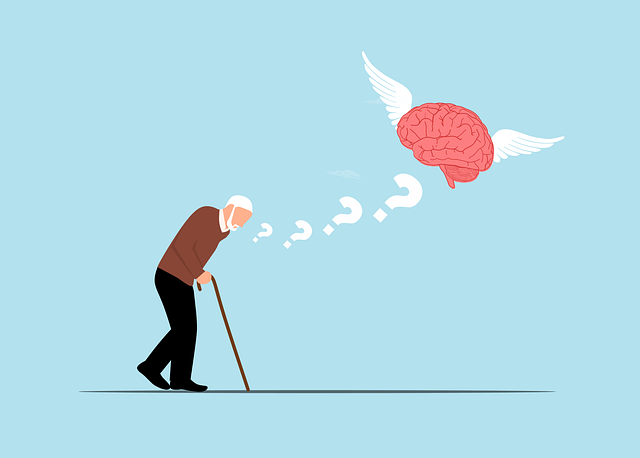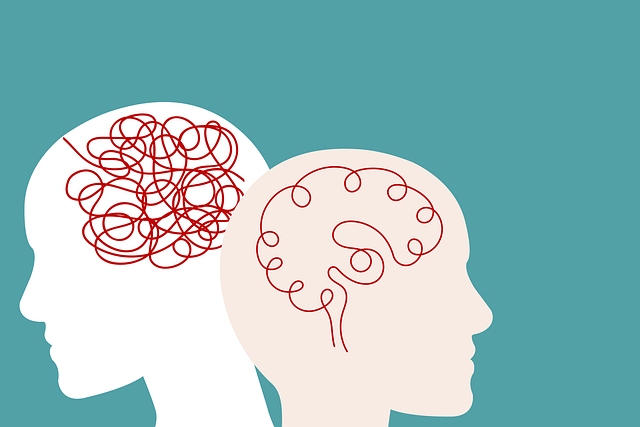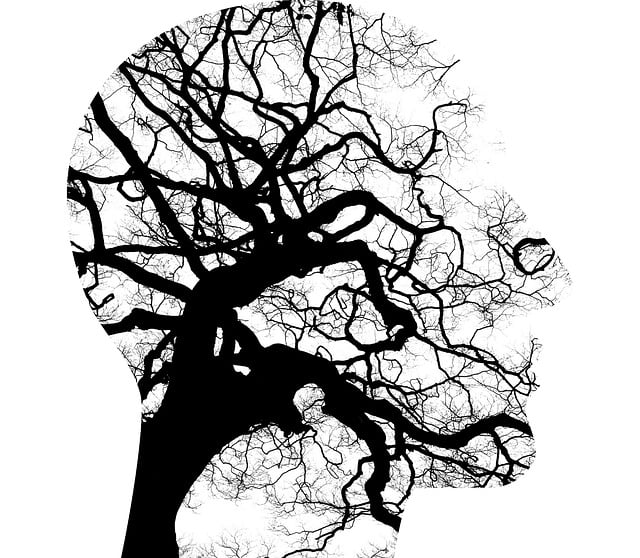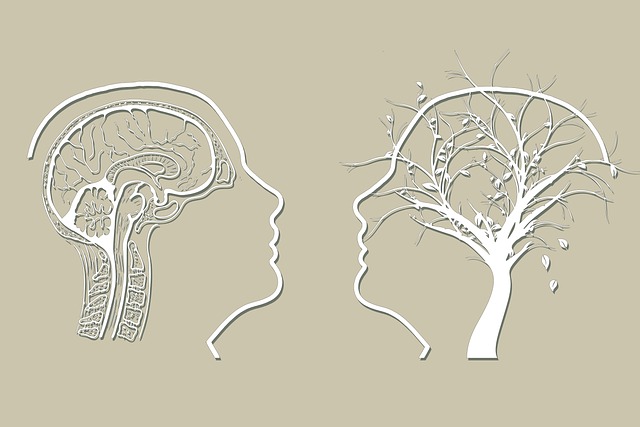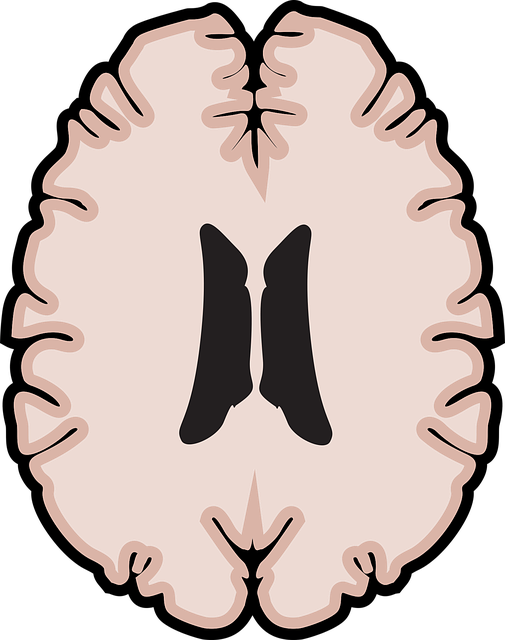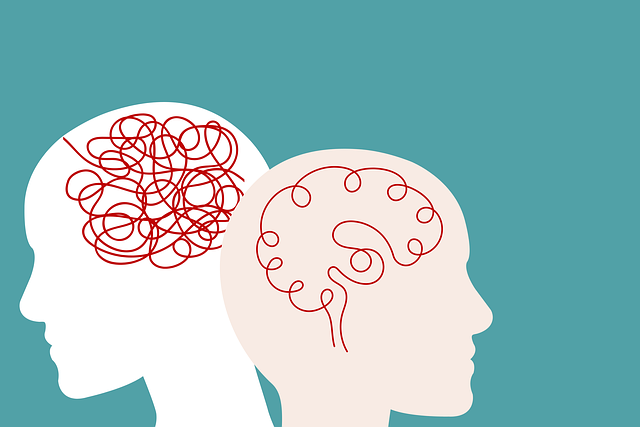Littleton Veterans Therapy (LVT) offers a holistic, innovative approach to mental wellness for military personnel, particularly focusing on resilience-building through evidence-based practices like mindfulness meditation and CBT. Their tailored programs address PTSD and other common mental health concerns, emphasizing stress management and group therapy. LVT's unique RFM model creates a supportive environment where veterans learn resilience, emotional intelligence, and crisis intervention skills, ultimately enhancing their ability to navigate life's challenges and achieve lasting mental wellness.
Resilience is a powerful tool for healing, especially among veterans facing post-traumatic stress. This article explores the transformative potential of RFM (Recollection, Feeling, Meaning) therapy in addressing trauma. We delve into its impact on veteran well-being, highlighting the success of innovative approaches like Littleton Veterans Therapy. Furthermore, it provides practical strategies for designing resilience-building exercises and integrating RFM into group therapy sessions, offering valuable insights for professionals supporting veterans’ mental health journeys.
- Understanding Resilience and Its Impact on Veterans' Well-being
- The Role of RFM (Recollection, Feeling, Meaning) in Trauma Therapy
- Littleton Veterans Therapy: A Case Study on Innovative Approach
- Designing Effective Resilience-Building Exercises for Post-Traumatic Stress
- Integrating RFM into Group Therapy Sessions: Strategies and Benefits
Understanding Resilience and Its Impact on Veterans' Well-being

Resilience is a key factor in maintaining emotional well-being, especially for veterans who often face unique challenges upon returning to civilian life. The ability to adapt and bounce back from adversity is not only crucial for survival but also plays a pivotal role in overall mental health. At Littleton Veterans Therapy, we recognize the profound impact that building resilience can have on veteran’s lives.
By incorporating techniques such as mindfulness meditation and emotional well-being promotion exercises into therapy programs, our expert coaches aim to empower veterans with tools to navigate life’s storms. These practices help individuals develop a stronger sense of self-awareness, fostering an environment conducive to mental wellness coaching programs development. Through tailored resilience-building exercises, veterans can enhance their ability to cope with stress, anxiety, and trauma, ultimately leading to improved quality of life.
The Role of RFM (Recollection, Feeling, Meaning) in Trauma Therapy

The RFM model, a cornerstone in trauma therapy, offers a structured approach to help individuals process and overcome traumatic experiences. This method, often employed by Littleton Veterans Therapy and other mental health education programs, focuses on three key aspects: Recollection, Feeling, and Meaning. During therapy sessions, patients are guided through these stages to effectively deal with the emotional weight of their trauma.
Recollection involves revisiting and remembering the traumatic event, helping individuals confront and acknowledge their past. This stage is crucial for breaking the cycle of avoidance, a common coping mechanism among those who have experienced trauma. The subsequent stages, Feeling and Meaning, facilitate the expression of emotions associated with the memory and the reinterpretation of the event’s significance. Through this process, individuals gain a deeper understanding of their trauma, fostering resilience and enabling them to rebuild their lives free from the shackles of their past. Stress reduction methods and trauma support services, such as those offered by Littleton Veterans Therapy, play a vital role in guiding individuals through the RFM framework, ultimately enhancing their mental health and well-being.
Littleton Veterans Therapy: A Case Study on Innovative Approach

Littleton Veterans Therapy (LVT) is a pioneering organization that has developed an innovative approach to support veterans’ mental wellness and resilience. By combining traditional therapy methods with modern practices like mindfulness meditation, LVT offers comprehensive programs tailored to address the unique challenges faced by military personnel upon their return home. Their specialized services include stress management workshops designed to equip veterans with effective coping strategies for post-traumatic stress disorder (PTSD) and other common mental health concerns.
Through a holistic approach, LVT fosters a supportive community where veterans can find solace and build resilience. The organization’s focus on group therapy sessions, coupled with their extensive experience in the field, creates an environment that encourages open dialogue and peer support. By integrating evidence-based techniques, such as cognitive behavioral therapy (CBT) and mindfulness meditation, LVT empowers veterans to manage stress, process traumatic memories, and develop lasting strategies for mental wellness. This innovative model has garnered recognition and serves as a game-changer in the way we approach therapy for military individuals, offering a beacon of hope and healing through effective interventions like Littleton Veterans Therapy.
Designing Effective Resilience-Building Exercises for Post-Traumatic Stress

Designing effective resilience-building exercises for post-traumatic stress (PTSD) is an essential component of holistic care, especially for veterans transitioning back into civilian life through services like Littleton Veterans Therapy. These exercises should be tailored to address the unique challenges faced by individuals with PTSD, incorporating evidence-based practices that foster adaptability and emotional coping mechanisms. One effective approach involves exposure therapy, where participants gradually confront traumatic memories in a safe environment, helping them process and manage these experiences over time.
Moreover, incorporating cultural competency training for healthcare providers through initiatives like Risk Management Planning for Mental Health Professionals can enhance the sensitivity and effectiveness of resilience-building programs. By understanding the diverse cultural backgrounds and beliefs of veterans, therapists can adapt their exercises to be more inclusive and meaningful. This not only improves treatment outcomes but also prevents burnout among mental health professionals, a significant concern given the demanding nature of working with PTSD patients.
Integrating RFM into Group Therapy Sessions: Strategies and Benefits

Integrating RFM (Resilience, Flexibility, and Mastery) into group therapy sessions at Littleton Veterans Therapy offers a potent approach to enhancing participants’ coping abilities. This model fosters a safe space where individuals can learn and practice resilience-building techniques, thereby strengthening their emotional intelligence and crisis intervention guidance. Through interactive exercises tailored to the unique needs of veterans, therapists facilitate a deeper understanding of personal strengths and resources.
The benefits are multifaceted: it promotes emotional regulation, equips participants with effective coping skills for stressful situations, and cultivates a sense of mastery over one’s life experiences. By combining RFM principles with group dynamics, therapists create an environment that not only supports individual healing but also encourages peer support and collective resilience. This holistic approach has proven to be particularly impactful in addressing the complex psychological needs of veterans, ensuring they emerge with enhanced emotional agility and a stronger ability to navigate life’s challenges.
Resilience building through RFM exercises offers a promising approach in improving veterans’ well-being, as evidenced by the successful implementation of Littleton Veterans Therapy. By combining recollection, feeling, and meaning, therapists can create a powerful toolkit to help individuals navigate and overcome post-traumatic stress. Integrating these strategies into group therapy sessions not only enhances emotional processing but also fosters a sense of community, providing veterans with valuable coping mechanisms and improved quality of life. This innovative approach underscores the importance of trauma therapy in supporting those who have served their country.

